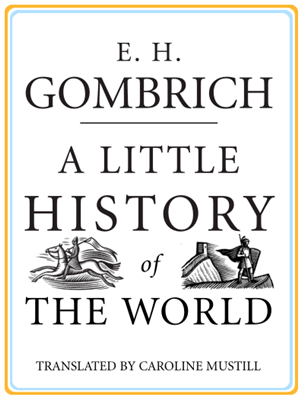(单词翻译:单击)
Of course animals also make noises – they can cry out when they feel pain and make warning calls when danger threatens,
当然动物在感到疼痛时也会叫喊,在有危险时发出报警呼喊声,
but they don't have names for things as human beings do.
但是它们不能像人类,它们不能用言语来称呼任何东西。
And prehistoric people were the first creatures to do so.
史前时期的人类是能够这样做的最早的生物。
They invented something else that was wonderful too: pictures.
他们还发明了其他一些美好的东西,如画画。

Many of these can still be seen today, scratched and painted on the walls of caves.
在洞穴的墙壁上我们今天还看到许多他们刻凿和绘画的图画。
No painter alive now could do better.
即使今天也没有哪个画家会画得更好。
The animals they depict don't exist any more, they were painted so long ago.
他们画的动物今天早已不存在,(史前人类)是很久很久以前画下它们的。
Elephants with long, thick coats of hair and great, curving tusks – woolly mammoths – and other Ice Age animals.
譬如长着长毛和弯獠牙的猛犸象,还有别的冰河期动物。
Why do you think these prehistoric people painted animals on the walls of caves?
你认为史前人类为什么把动物画在他们的洞穴的墙壁上?
Just for decoration? That doesn't seem likely, because the caves were so dark.
只是为了装饰吗?但显然不可能,因为洞里很暗呀!
Of course we can't be sure, but we think they may have been trying to make magic,
当然我们不能确定是什么原因,但是我们认为他们是在试图施魔法,
that they believed that painting pictures of animals on the walls would make those animals appear.
他们相信把动物的画像画在墙上会让这些动物出现。


